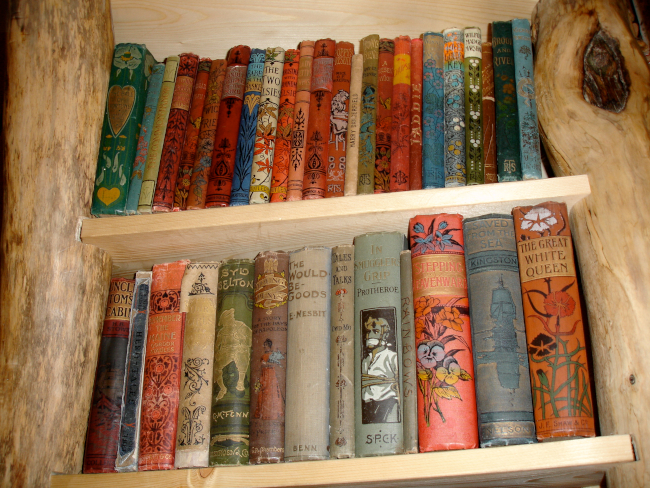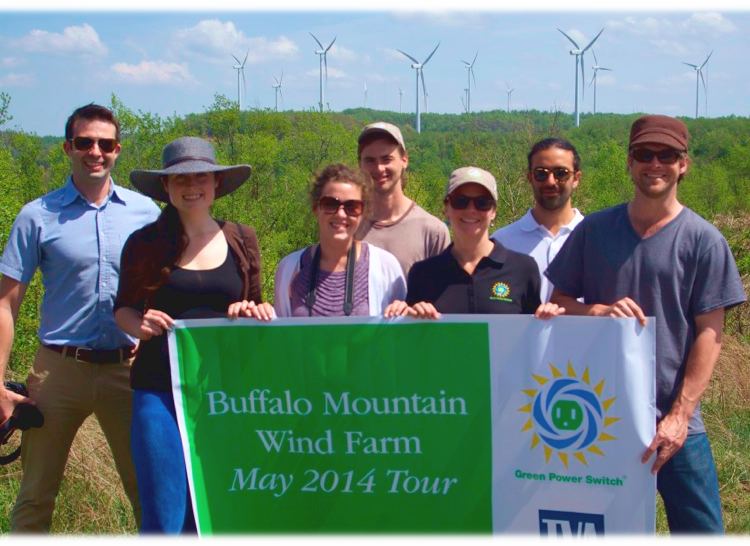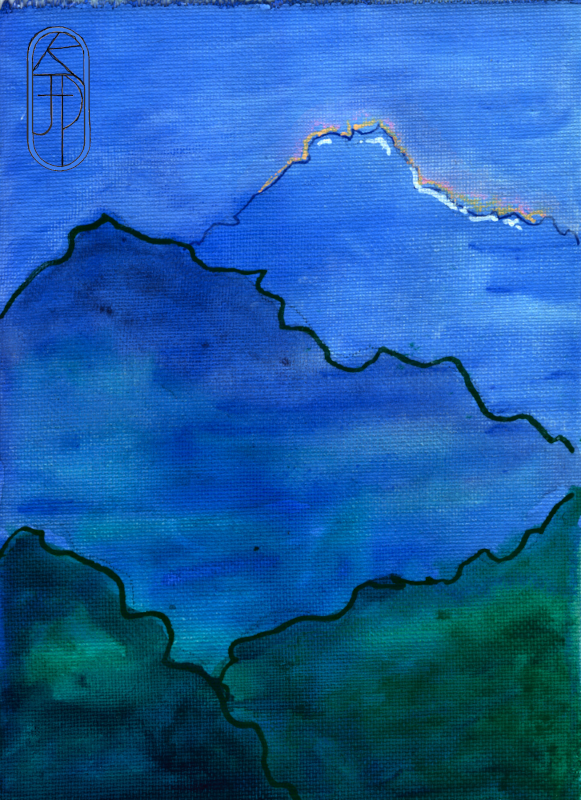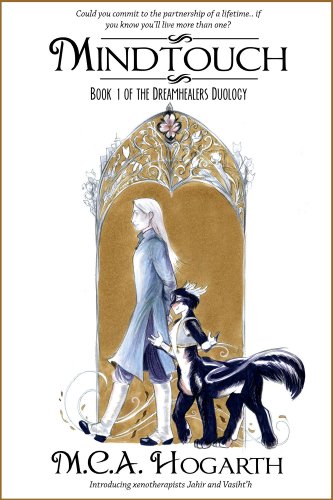Raindrops Melt Mountains: dissolving Amazon
Posted on 4 March 2025 | Comments Off on Raindrops Melt Mountains: dissolving Amazon
“Amazon Defies ‘Economic Blackout’ As Sales Climb During Boycott”
Forbes 02 March 2025
Supposedly Amazon’s sales went up during the economic blackout on 28 February.
But did it really?
Maybe it did. But let me make a couple points.
The numbers used by Forbes come from a company called Momentum Commerce. This is how they advertise themselves online:
“Fuel Your Marketplace Momentum. We’re setting a new standard for how brands use data to win on digital marketplaces like Amazon.”
“Finally, the Amazon Data and Insights You Need. Now you can easily harness the power of Amazon market intelligence with flexible, interactive data tools and dashboards.”
The fortune of Momentum Commerce is explicitly connected with Amazon. They aren’t going to bite the hand that feeds them. They need Amazon to be successful: it is part of their business model.
None of these companies wants you to know that you can have any affect on their success. They will find ways to manipulate numbers and manipulate media in order to make your efforts seem futile.
Now let’s take a look at how Amazon’s stock prices have been faring over the last month. You will see that they have been going down. On the 28 February they had a little bump up, but then continued to trend downward. Why? How were they able to manage a small rally on the day of the boycott? Did they get sympathy purchases by right-wing supporters? Did they manipulate some aspect of share sales and/or online sales? Is this just a fluke?

In any case people’s confidence in Amazon has been sliding this year. Without even calling an official boycott, fewer people are happy with handing money over to this company. Amazon is not all powerful, no company is all powerful, and you are having an effect.
Have Courage–Be Kind
Media Free Diaspora
Be in the Eye of the Storm
Posted on 1 March 2025 | Comments Off on Be in the Eye of the Storm
I am seeing so many people getting lost in a maelstom of grief, anger, and fear over the current turn politics has been taking around the world, and in the US in particular.
This sort of burst of intense emotion is easy to justify, and completely understandable. But a key word here is “lost”. So long as we are caught in this whirlwind of emotions, we become victims no longer able to see hope or to take action. Honestly, we never know if we have no hope until we live step by step through what life has handed us. Before that point, it’s just fear.
And if we are indeed facing the end of the world, don’t we want to savour everything that is good about life? Don’t we want to honour the things we love–those things that have made life worthwhile, up until our very last breath? It is important to be witnesses to what is best in this world. It is also important to be adding to what is best in this world.
Do what you can to keep your hearts pure. And if you stumble, that’s okay. Just pick yourselves up, brush yourselves off, and keep pointing yourselves towards the light.
Have Courage–Be Kind
Media Free Diaspora
#MediaFreeDiaspora #peace #courage #kindness #mfd
photo by Patrick Schätz on Unsplash

Boycott-o-rama!
Posted on 28 February 2025 | Comments Off on Boycott-o-rama!
When I was at university I was an early adopter of computers. The first computer I owned was an Apple. This was particularly helpful for me as a student of creative writing. I could make changes to my manuscripts without having to retype things every…single…time!
At the same moment in my life I was also playing Dungeons & Dragons with all my extra nerdy English major friends. One of those friends was involved in a boycott network. He asked if he could use my computer to type up their newsletters. (OH YES!)
The people of this network compiled all of the boycotts that were called, what they were about, and what actions were requested. You could decide for yourself if you felt it was important to participate, and were comfortable with the type of action that was being taken.
They would also document when demands were met by the companies being boycotted. If the response was sufficient, the network would officially call off the boycott. This was considered an important step, because they wanted people to reward companies that listened to their concerns.
Right now boycotts are an important political tool. We are voting with our dollars, because for some corporations that is all they will listen to. It is also important for us all to sense that we do have power when we join forces with one another.
Have fun storming the castle!

Have Courage–Be Kind
Media Free Diaspora
Media Free Diaspora: Safety Pins & Passwords
Posted on 11 February 2025 | Comments Off on Media Free Diaspora: Safety Pins & Passwords
Have Courage–Be Kind
Now is a time to reconsider the safety pin symbol.
The backlash over safety pins and allies, explained
…What gets lost in the fight to deem the safety pin movement good or bad, or to write it off as a facile white crutch, is that a lot of people in this country are feeling a very real sense of helplessness right now. Being disgusted by one human attacking another because of the color of their skin or their religious beliefs isn’t partisan. Lots of people feel a very real need to speak out about these atrocities and fight fear, but don’t know how — and if wearing a safety pin helps them start to do so, we shouldn’t condemn them for it.
“I’d like you to consider not ruining something that could help this one, vulnerable group, just because some people misinterpreted its meaning or because it doesn’t help the much greater danger you’re facing,” film director Lexi Alexander wrote in a blog post about the importance of the pin to Muslim Americans. “We are all afraid.”
The pin was never meant to fix institutional racism, and perhaps applauding it as a gesture, a start, a beginning — in addition to being honest about its limitations (especially to those wearing them) — is the way to celebrate it. We should all be asking what else we can do, rather than acting like it shouldn’t exist.
#safetypin #ProtectTheOppressed #courage #kindness #MediaFreeDiaspora

Welcome to Media Free Diaspora!
Posted on 5 February 2025 | Comments Off on Welcome to Media Free Diaspora!
Where our motto is: “Have courage–Be kind”
We need to get ourselves used to doing small acts of solidarity and resistance in order to prepare ourselves for more significant acts of courage.
What small acts of solidarity and resistance can you suggest?
May I suggest starting by following my posts here, or on Patreon or Diaspora!
And please! Share this with your friends!
#MediaFreeDiaspora #mfd #kindness #courage

by Martin Vorel CC BYSA 4.0 Intl license
Turn Difficulties into Peace
Posted on 7 November 2024 | Comments Off on Turn Difficulties into Peace
I send my love to all those in the US who have sought to bring into being a kinder and more compassionate nation, which uses its strength wisely and in the service of peace. Things are looking dark. Please hang on. Do what you can to protect one another. Outside of the US we feel your pain.
Difficulties in pace converter.

Storytelling and Culture Change
Posted on 17 January 2024 | Comments Off on Storytelling and Culture Change

image by ulle.b
Culturally we live within a highly distorted reality due to sloppy, pandering, and toadying storytelling.
If we hope to get ourselves out of the crisises we are facing, we absolutely have to change our culture. We need a culture that favours accuracy over unrealistic feel-good portrayals of life.
That doesn’t mean shift to cynicism and pessimism. It means representing life so that we better understand the problems we all face. In that way we can more effectively address them.
Peace and kindness,
K Phelps
The Future of Employment
Posted on 17 December 2023 | Comments Off on The Future of Employment

This last year I taught digital literacy at a university to people studying to be primary and secondary educators. Part of that was how to prepare students for computing jobs. For the last class of the term I put up the below list of careers I believe are more likely candidates for paying jobs that need bright young people.
Sustainable materials development (chemistry):
We still need more ways to get off plastics.
Agricultural science:
Change in climate will mean that we cannot sustain growing many of the same crops in the same way any more.
Robotics:
With the coming population crash we will need robots which are made to care for the sick and the elderly. We will also need robots to clean up plastic and space debris, and to plant trees, seaweed, and the like for rewilding.
Electrical engineers:
Everything has to go electric and off petrol chemicals.
The means by which to further decentralise our society:
Communications, manufacturing, workplaces, energy production, storage and dissemination of goods. Floods and fires make this critical.
Loads of cultural things need to change:
How soon you can get a paying job in this field is hard to tell. This includes how we educate our young. We need schools to go off grading systems and onto project-based learning.
I was told to educate teachers about how to teach programming. The computing industry loves this. Not because they need more programmers, but because programmers have been expensive. Flood the market with programmers and you can start reducing their pay, since we have more programmers than jobs for them.
AI has made this easier for companies, because programs that once took five people to develop can now by done by an AI and one programmer to check on the work. It’s certainly useful for everyone to understand something about programming in order to understand what it is doing, how, and how it is affecting them–but job-wise it may no longer be the goose that lays the golden egg.
Most of all we will need to stop identifying ourselves with our careers. We need to have a mindset whereby we are prepared to shift careers as needed. One of the reasons we need to change how education is being delivered is that we need people to actually like learning, because we are all going to have to be life long learners, no matter what field of employment we go into. This shouldn’t be frightening. In fact it might even make for a more enjoyable life that isn’t stuck in a rut. The problems stem from a lack of safety-nets in order to make these shifts. There should be no shame in changing jobs, no shame in being between jobs, and every reason to expect that we will always have enough to support ourselves and our families. These are things we must demand from our politicians.
Peace and kindness,
KJ Phelps
Solar, Hope, Cosy, and Functional
Posted on 29 June 2023 | Comments Off on Solar, Hope, Cosy, and Functional
I am excited about how many people have embraced solarpunk! I feel great that people are imagining the means to a better future! I am equally excited by the growth of hopepunk. We need to stay strong in our visions of a bright future.
I am bringing “cosy” and “functional” into my work, because it is easy to think stories must have grand spectacles and nearly insurmountable conflict to be interesting. Many movements for change may have had notable moments, but most of the heavy work was done on a persistent everyday manner.
Rosa Parks deliberately sat in a seat reserved for white people on a bus. She did not come riding a horse up to the steps of Congress, swinging a magic sword over her head. She was not a “chosen one”. She did not carry laser pistols. And yet that moment captured people’s imaginations. Suddenly, we all understand that we can have a part in creating change.
Portraying genuinely good friendships that help sustain us while we do the work for change is not only cosy and functional, but can prove pivotal in making our world one of kindness, security, and a healthy environment. So many new and important things can be said through the arts. They need to come from our experience of what is good, and true, and compassionate.
Keep up your awesome efforts!
In peace and kindness,
KPhelps

Review:
Mindtouch (The Dreamhealers #1) MCA Hogarth
Posted on 23 June 2023 | Comments Off on Review:
Mindtouch (The Dreamhealers #1) MCA Hogarth

Wow! Has it really been over a year since my last post? During lockdown introspection became difficult. It was also a time where I ended up rethinking my creative directions. Each time I take a creative leap, I teach myself what I need to know by writing thoughts and reviews about where I want to land. Here's the prep for the new direction!
I am a great fan of storytelling that inspires us to create a healthy and humane future. These sorts of stories can come from many different genres. Right now I am focussing on #solarpunk, #hopepunk, and #cosycore. Also, I am adding my own literary genre #funkyfi. This is fiction to do with functional behaviour in basically functional worlds. Utopia can set unrealistic expectations. Good things and bad things will continue to happen for as long as we exist, but if we all learn how to behave in a functional manner, we are more likely to sort things out.
Mindtouch is about a future where animals and even some humans are the result of genetic engineering. The sapient animals were created to perform dangerous tasks for humans, and at some point in the past left Earth in order to find freedom. As such they chose to colonise distant solar systems. One set of humans, the Eldritch, were developed to live long lives. Despite the long lives, they are not reproducing sufficiently to preserve their species.
The story itself is about the friendship that develops between a “Pelted” person and an Eldritch person when they become roommates at a medical university. Part of this relationship is also shared with a group of child patients who are terminally ill.
We do get a certain amount of futuristic technology, but it’s not clear if this is particularly appropriate technology, ie solar-powered. However, we do have alien peoples who have learned from human mistakes. We also discover the wisdoms of their various cultures, as well as some of their weaknesses. Ultimately, this story is about how these peoples uniquely and well sort out their various emotional challenges through introspection, friendship, and kindness.
Hogarth writes in an intelligent manner with enough twists and turns in the plot to keep things interesting. Mindtouch is not high literature, but it is exceptionally competant, and quite an achievement for someone without the help of a professional editor. We can all use professional editors for long projects like this! I felt uplifted by it, and have ordered the second book in the duology in order to find out what happens to the characters. This has all the charm of a Becky Chambers book. I can recommend it!
Peace and kindness,
Katherine
